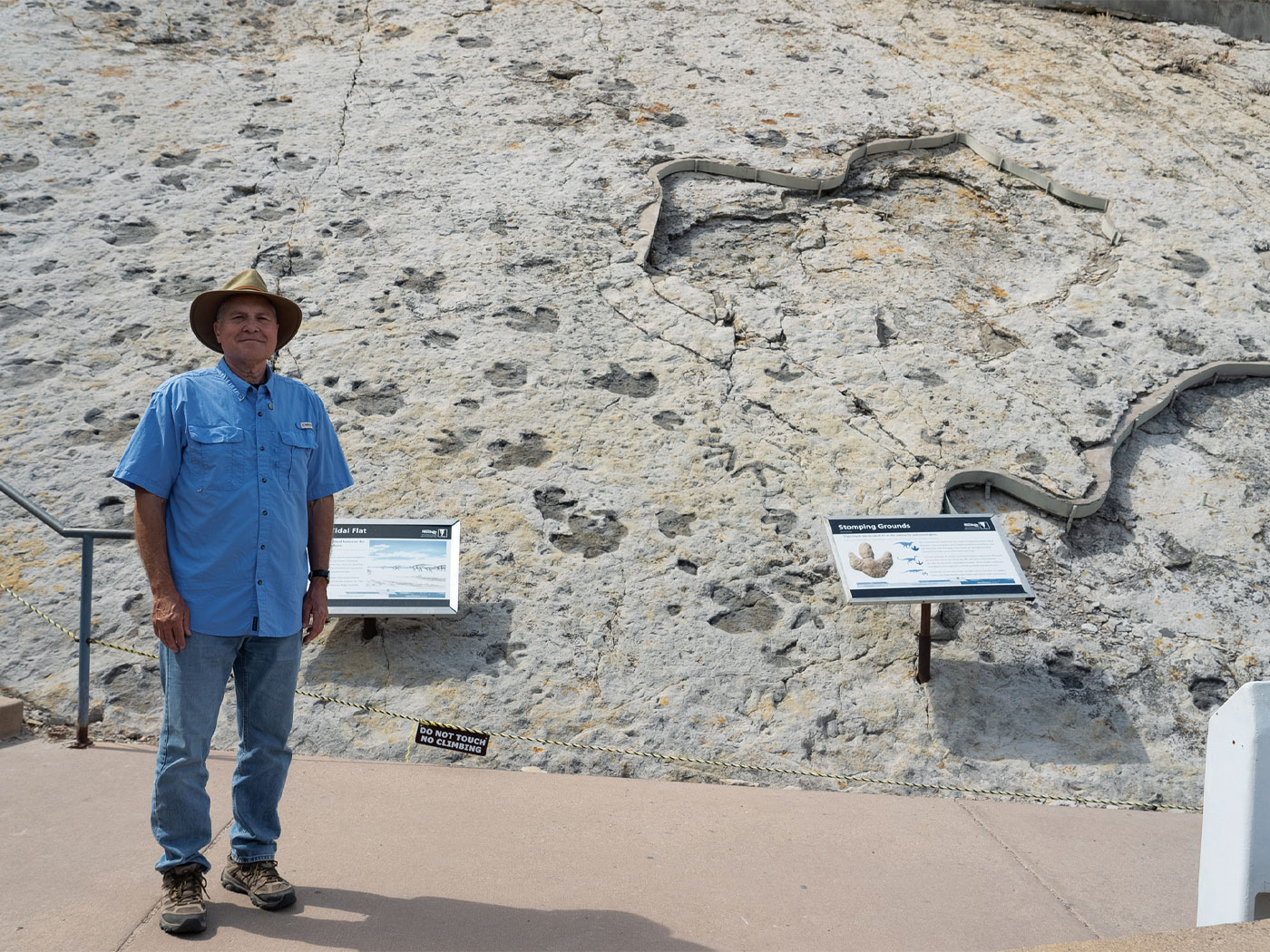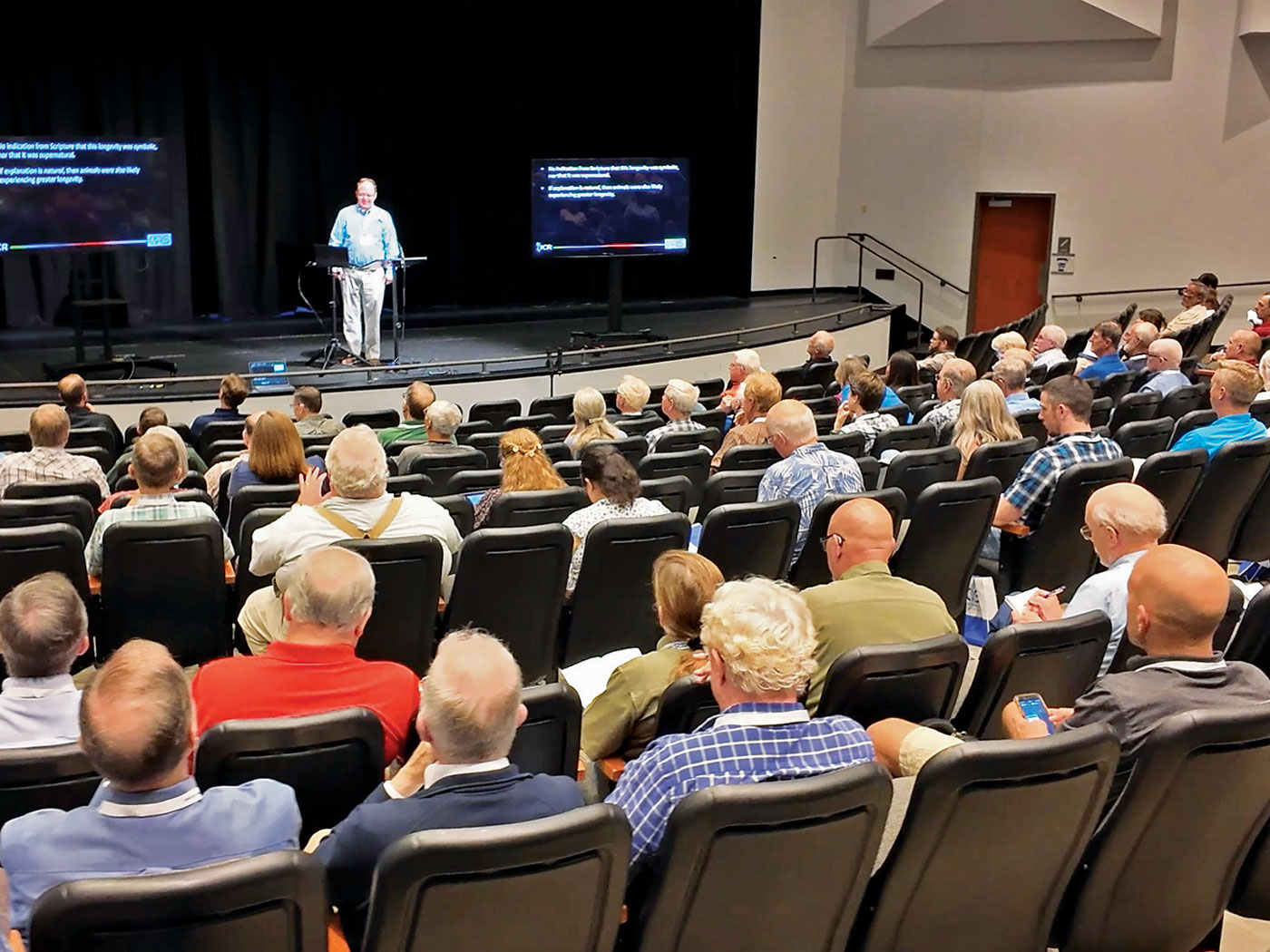“For men shall be lovers of their own selves, covetous, boasters, proud, blasphemers, disobedient to parents, unthankful, unholy.” (2 Timothy 3:2)
One of the dangerous teachings of the New Age movement that has spilled over into modern evangelicalism is the notion of self-love. Many psychologists—even Christian professional counselors—are attributing society’s ills, especially among young people, to the supposed lack of a positive self-image or self-esteem on the part of those exhibiting antisocial behavior. What they need, we are told, is to learn to love themselves more, to appreciate their own self-worth. The problem with this idea is that it is both unscriptural and unrealistic. People do not hate themselves. The Bible says that “no man ever yet hated his own flesh” (Ephesians 5:29).
Instead of learning to esteem ourselves, the Scripture commands us each to “esteem other better than themselves” (Philippians 2:3). Even the apostle Paul, near the end of his life, considered himself so unworthy that he called himself the chief of sinners (see 1 Timothy 1:15).
We are told by some Christian leaders that the measure of our great value in the sight of God is the fact that Christ paid such a high price—His own death—to redeem us. But His death is also the measure of our terrible sinfulness. “Christ died for the ungodly” (Romans 5:6).
In fact, as in our text, the rise of this self-love idea is itself a sign of the last days, when people shall be “lovers of their own selves.” It is the main characteristic of New Age humanism.
Christ died for our sins because He loves us, not because He needs us. We should live for Him in thanksgiving for the “amazing grace, that saved a wretch like me!” HMM

Days of Praise Podcast is a podcast based on the Institute for Creation Research quarterly print devotional, Days of Praise. Start your day with devotional readings written by Dr. Henry Morris, Dr. Henry Morris III, Dr. John Morris, and others to strengthen and encourage you in your Christian faith.




















